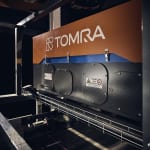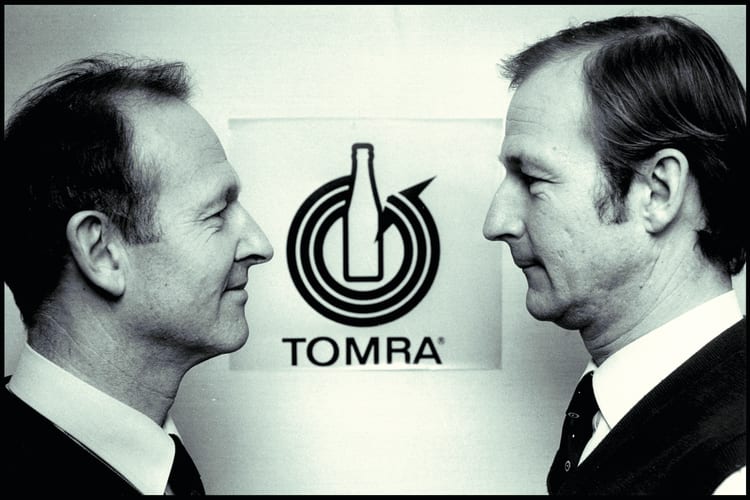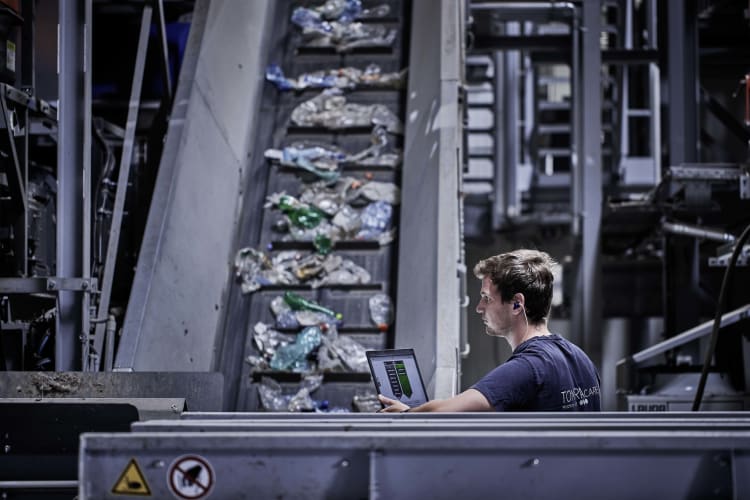
TOMRA, the global provider of advanced collection and sorting systems, celebrates its 50th anniversary today.
Each of the group’s four divisions - Collection, Food, Recycling and Mining – marked the milestone by declaring a collective mission for the future to “transform how we all obtain, use and reuse the planet’s resources to enable a world without waste.”
Tove Andersen, TOMRA’s president and chief executive officer, explained: “We live in a world that needs big transformation. We urgently need to improve sustainability, develop the circular economy, and make more efficient use of resources - challenges which TOMRA’s solutions can help address.
“Fifty years after its humble beginnings, TOMRA can be proud of the fact that it is a highly respected global market leader. This is living proof of our ability to adapt, innovate, and provide the solutions our customers really need. This is also a time to look forward because we are now opening the chapter in TOMRA’s story where we step up our role leading the resource revolution.”
TOMRA was founded in Norway on April 1, 1972 by brothers Petter and Tore Planke. After seeing a local grocer struggle with the manual collection of empty bottles in their store, the brothers developed the first fully-automated reverse vending machine (RVM) in their family’s garage. This invention was groundbreaking for recycling processes and its concept is used today around the world.

Over the years, TOMRA’s technology expanded to include advanced sorting systems for the food, recycling, and mining industries. These innovative solutions optimize resource recovery and minimize waste for a more sustainable future – benefitting businesses, governments, consumers and our environment.
Tove added: “Transformation is at the heart of everything TOMRA does. TOMRA transforms ideas and technology to create intelligent and pioneering tools. We transform companies into more profitable, sustainable businesses and transform how the world’s resources are obtained, used, and reused, which also helps transform people’s everyday lives.”



